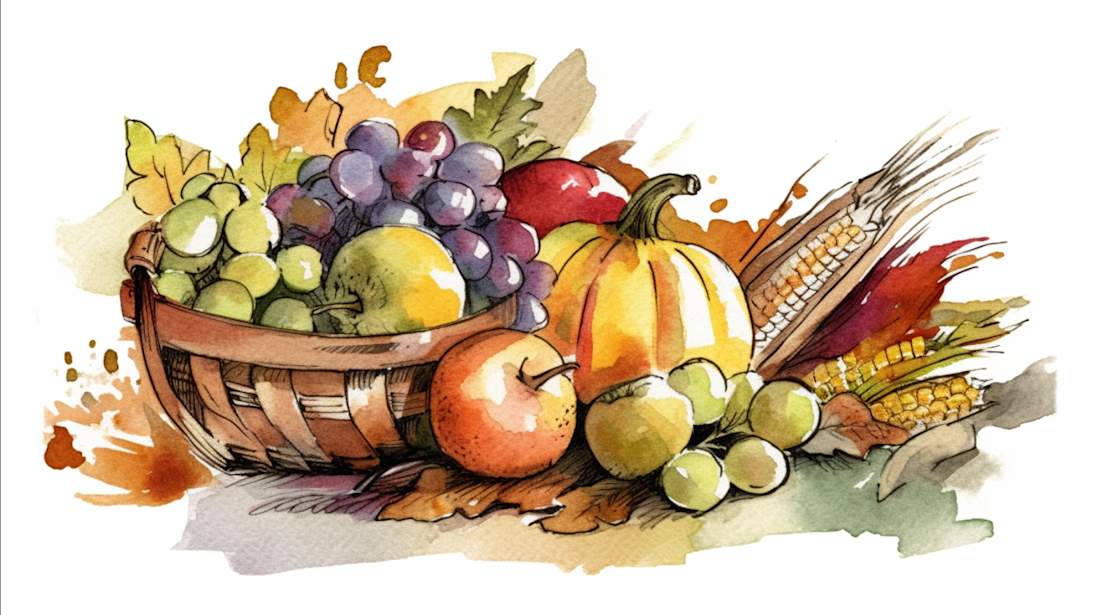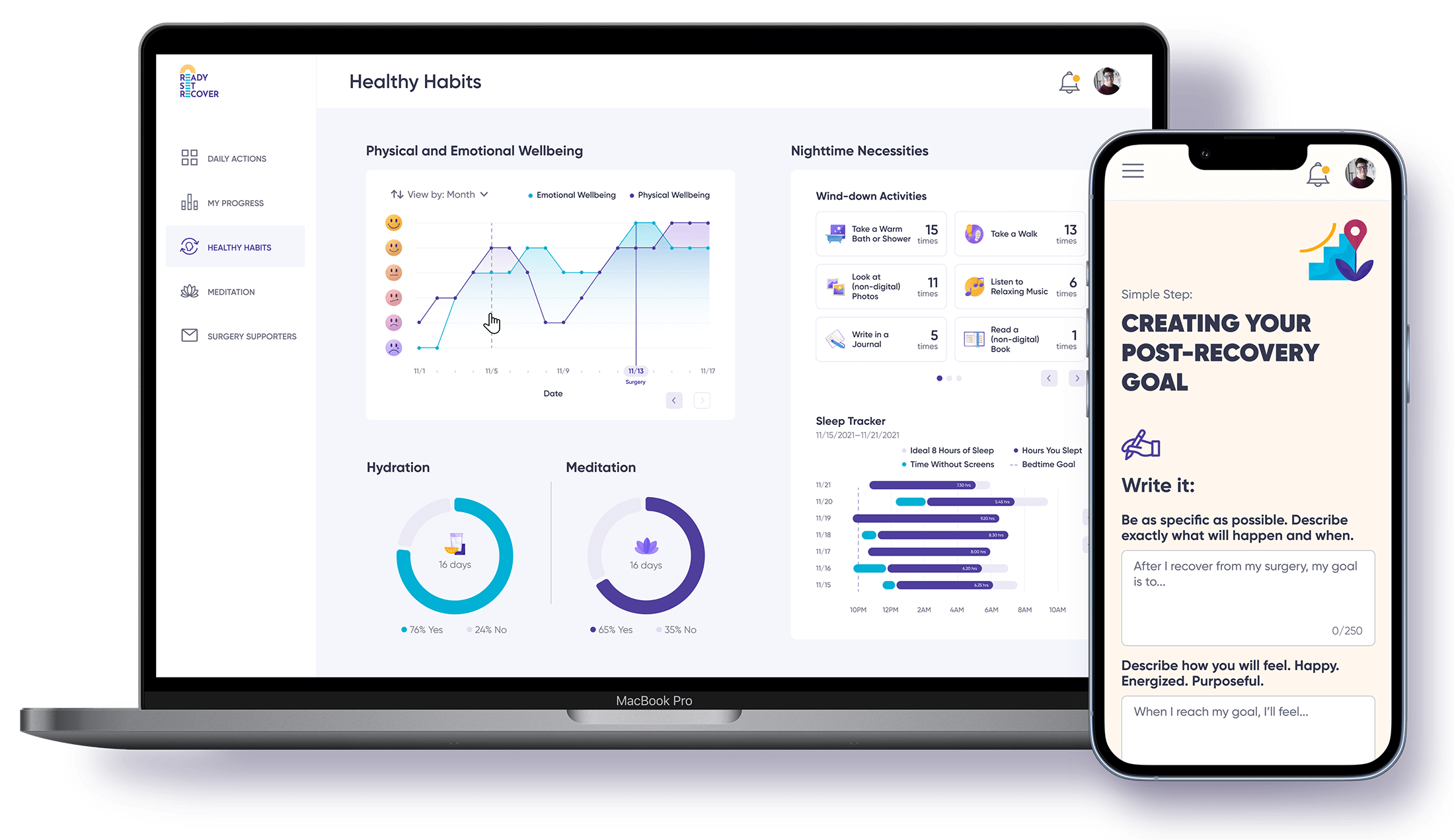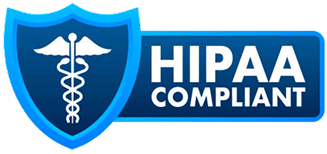The Best Diet for Post-Surgery Recovery


When navigating the road to recovery post-surgery, our food choices can significantly influence the healing process. It's crucial to arm your body with the right fuel to promote healing and overall wellness. So, what are the best foods to eat after surgery, and what should you sidestep during your recovery period? This comprehensive guide will help you navigate these dietary decisions.
How Nutrition Supports a Smooth Post-Surgery Recovery
Eating the right foods after surgery plays a vital role in how quickly and smoothly you heal. Your body relies on proper nutrition to repair damaged tissues, fight infections, and restore energy levels. A well-balanced diet for post-surgery recovery provides essential nutrients like protein to rebuild muscle, healthy fats to reduce inflammation, and vitamins to strengthen your immune system. Without these, healing can be slower, and complications may arise.
Proper nutrition can prevent complications like infections and malnutrition, which could prolong your recovery process. Consuming a healthy diet also supports immune health and overall wellbeing—an essential aspect, especially for those at increased risk due to age or underlying health conditions.
Essential Foods to Eat After Surgery
Crafting a post-surgery diet isn't a one-size-fits-all process. Your medical team will guide you through the specifics, but here's a general rule of thumb for nutrient-rich foods to incorporate into your eating plan:
Hydration

Hydrate, hydrate, hydrate. Dehydration can hinder your body's healing process, so staying hydrated is key. Aim for at least eight 8-ounce glasses of water per day. Increase this if you're sweating more than usual or experiencing diarrhea. Another great reason to stay hydrated is that it will help eliminate the anesthesia that's in your system, and by doing so, will just make you feel more like yourself again. Lastly, constipation is a normal reaction to anesthesia, so water will help your body recover by getting your digestion 'moving in the right direction'.
Protein

Your body needs more protein post-surgery for repairing damaged tissue and regenerating new blood cells. Aim for around 56 grams for sedentary adults, primarily sourcing your protein from lean meats like poultry, fish, eggs, tofu, and legumes. Quinoa, nut butter, and dairy products also serve as excellent protein sources.
Fruits and Vegetables

A variety of fresh fruits and vegetables should be a cornerstone in your post-surgery diet, as they supply vital nutrients needed for healing and recovery. Here are some excellent choices:
Berries such as strawberries, blueberries, raspberries, and blackberries are brimming with antioxidants that promote wound healing and support immune health.
Citrus fruits like oranges, lemons, limes, and grapefruits, are packed with Vitamin C, a nutrient crucial for improving wound healing and supporting the production of collagen.
Kiwi is another Vitamin C-rich fruit that also provides a good amount of fiber to help prevent constipation, a common issue after surgery.
Bananas, rich in potassium and Vitamin B6, help maintain fluid balance, nerve function, and muscle control, and also support the creation of new blood cells.
Melons, such as cantaloupe and watermelon, are hydrating due to their high water content, while also offering vitamins A and C.
Avocados are a source of healthy fats, which are necessary for absorbing vitamins A, D, E, and K, and can help to boost satiety.
Pineapple contains bromelain, an enzyme that may help reduce inflammation and swelling.
In addition to fresh fruit, ensure you're eating an array of colorful vegetables. Dark leafy greens like spinach, kale, and Swiss chard are rich in iron, calcium, and vitamins K, A, and C. Root vegetables such as sweet potatoes and carrots are excellent sources of vitamin A, while bell peppers and Brussels sprouts are particularly high in vitamin C.
Incorporate at least five servings of fruits and vegetables into your daily meals, aiming for a mix of colors and types to gain a wide range of beneficial nutrients. This will not only promote healing after surgery but will also enhance your overall health in the long run.
Complex Carbohydrates
Complex carbohydrates are a crucial component of your recovery diet, as they provide much-needed energy to the body. Foods rich in these include whole grains, such as brown rice and whole wheat bread, and starchy vegetables. They help to prevent constipation. So if you're like a lot of people and normally eat white bread or white rice, do yourself a favor and go with their healthier cousins for a while. Who knows... maybe you'll even learn to prefer them!
Iron and Other Essential Nutrients
Iron, a component crucial for transporting oxygen to your body's cells and supporting immune health, is necessary post-surgery, especially if you've lost blood or undergone abdominal surgery. Red meat, poultry, fish, beans, and leafy greens are all good sources.
Foods to Avoid During Your Recovery Process
While focusing on nutrient-dense foods, it's also crucial to be wary of the wrong foods during your recovery phase:
Processed and High-Fat Foods

Your body is focused on healing post-surgery; eating highly processed foods or those high in saturated fat can detract from this healing process. These foods can also exacerbate constipation, making recovery more challenging.
Processed foods, while convenient and often tasty, tend to be high in unhealthy components such as trans fats, saturated fats, sodium, and sugars. These ingredients can put stress on your body's systems, particularly the digestive system, making them harder to process and eliminate.
Here's a breakdown of why these components of processed foods can be challenging for your body:
Trans fats and saturated fats: These types of fats can be hard to break down and digest, leading to slower gastric emptying. They can also contribute to inflammation in the body, which is not desirable when you're in a recovery phase.
High sodium: High levels of sodium can lead to water retention and high blood pressure, which can strain the cardiovascular system and kidneys.
Sugars: Excess sugars can cause spikes and crashes in blood sugar levels, leading to fluctuations in energy levels. They can also feed harmful bacteria in the gut, potentially leading to imbalances in the gut microbiome, which can negatively impact digestion and immune function.
Lack of fiber: Many processed foods are low in fiber, which is essential for healthy digestion. Fiber helps to add bulk to stools, promoting regular bowel movements and helping to prevent constipation—a common problem post-surgery.
Additives and preservatives: These chemicals can be hard for the body to break down and can sometimes lead to inflammation and other adverse reactions, further taxing the body's detoxification and elimination systems.
In addition, processed foods tend to be less nutrient-dense than whole foods, meaning they provide fewer of the vitamins, minerals, and other compounds that your body needs to heal and function optimally. Therefore, they might not offer the same benefits for recovery as whole foods would.
Alcohol

Alcohol can impair your body's ability to heal, interfere with pain medication, and affect your decision-making abilities. Best to avoid it during recovery.
Caffeine

Optimal rest and sleep are crucial to your recovery process. Caffeine can interfere with sleep, so limit your intake or avoid it altogether during your recovery period.
Spicy and High-Fiber Foods
High-fiber and spicy foods could irritate the digestive tract and worsen existing post-surgery side effects like constipation and diarrhea. Initially, it's best to stick with bland, easily digestible foods until your digestive system has fully recovered and reintroduce these foods gradually as your system allows.
Sugar
Limit your sugar intake during recovery. Sugary foods and drinks often provide empty calories and can hinder your body's ability to heal.
Specific Dietary Considerations Post-Surgery
While the above guidelines apply to most surgical recoveries, certain types of surgeries may require specific dietary adjustments:
Gastrointestinal Surgery
If you've had a gastrectomy, colon surgery, or similar procedures, you may need a specific diet, often starting with a liquid diet, gradually transitioning to solid foods. Your healthcare team will provide recommendations tailored to your individual needs.
Weight Loss Surgery
Patients who have undergone weight loss surgeries like gastric bypass or lap band procedures will need a strict diet to ensure necessary nutrient intake while limiting food consumption. Again, your healthcare team will guide you with specific dietary guidelines.
Orthopedic Surgery
Post orthopedic surgery, such as a joint replacement, consuming enough protein to promote wound healing is vital. Additionally, you may need to avoid foods and drinks that interfere with blood clotting, such as vitamin E and garlic supplements, as well as alcohol.
Nourish, Heal, and Thrive with a Diet for Post-Surgery Recovery
When it comes to your post-surgery diet, every bite you take can have a profound impact on your healing process. Proper nutrition plays a pivotal role in recovery by fostering new blood cells, promoting wound healing, and supporting immune health.
In this critical recovery period, your body requires vital nutrients and a healthy dose of hydration to support healing and to repair damaged tissue. Hydrating fluids and healing foods, rich in lean protein, healthy fats, and complex carbohydrates like whole grains, help your body recover more efficiently. As your body heals, you will also need more protein, along with key vitamins such as vitamin C, to improve wound healing and rebuild collagen in soft tissue.
At the same time, remember to avoid the wrong foods—excessive sugars, processed foods, alcohol, caffeine, and foods hard on the digestive tract—in order to maintain steady energy levels and support a smooth recovery process. Reaching for the right foods and avoiding foods that can impede your progress can make a significant difference in how swiftly you regain your strength and return to regular activities.
For those who have undergone specific surgical procedures such as abdominal surgery, the guidelines may need further tweaking. Always follow the advice of your healthcare team, and don't hesitate to ask questions and seek guidance from a dietitian or nutritionist to tailor your diet in a way that best suits your recovery needs.
It's an empowering perspective to consider food not just as a source of sustenance, but as a key ally in your recovery. Remember, you're not just eating—you're fueling your body's recovery, one wholesome bite at a time.
Use this time of healing as an opportunity to cultivate better eating habits that support not only your recovery but also your long-term health and wellbeing. As the saying goes, "let food be thy medicine," and in the context of surgery recovery, this couldn't be more accurate. Be mindful of your dietary choices, for the building blocks of a healthy recovery are often found in the grocery aisles and your kitchen.
Looking for specific meal ideas that fit all these guidelines? We've put together a selection of healthy recipes tailored for recovery. From nutrient-rich breakfasts to easy-to-digest dinners, these meals can help you nourish your body while enjoying what’s on your plate.
If you'd like to find many other ways to improve your surgery experience and optimize your recovery, consider Ready Set Recover, which will guide you along the way, enabling you to achieve the best possible results. It's time to prioritize your health. We hope you'll join us!
Frequently Asked Questions
What is post-surgery recovery?
Post-surgery recovery is the healing process your body goes through after an operation, including wound healing, pain management, regaining strength, and following medical advice to prevent complications.
How long does it take the body to fully recover from surgery?
Recovery time depends on the type of surgery, overall health, and individual healing speed. Minor procedures may take a few weeks, while major surgeries can take several months to a year.
Why is day 3 the worst after surgery?
By day 3, the effects of anesthesia have worn off, inflammation peaks, and pain or swelling can be at its worst. Fatigue also sets in as the body works hard to heal.
What to do for someone recovering from surgery?
Help with daily tasks, encourage rest, make sure they take medications as prescribed, prepare easy meals, and offer emotional support. Follow their doctor's guidelines for care.
What is the fastest way to recover from surgery?
Follow post-op instructions, get plenty of rest, stay hydrated, eat nutritious foods, move around as advised, and avoid smoking or alcohol, which can slow healing.
What surgery has the hardest recovery?
Surgeries like open-heart surgery, spinal fusion, organ transplants, and major orthopedic procedures (like knee or hip replacements) tend to have the toughest recoveries due to pain, long rehab, and risk of complications.






